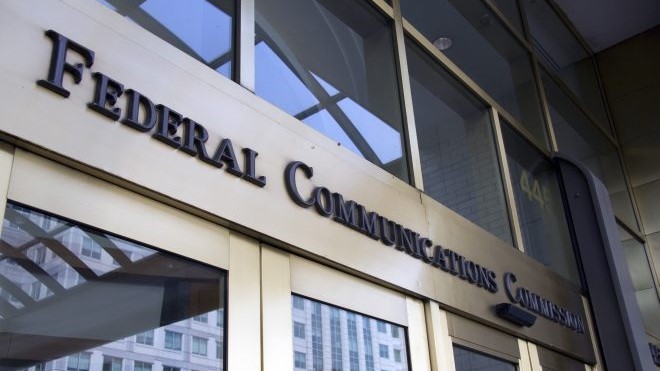
WASHINGTON—The Federal Communications Commission will take up making it clearer for consumers about whether or not they will lose programming as a result of failed retransmission consent and program carriage negotiations between cable TV providers and video programmers like broadcasters at its Sept. 30 open meeting.
In a blog post this week, FCC Chairman Ajit Pai wrote that existing FCC rules requiring cable operators to notify the public 30 days before a channel is dropped are out of step with the reality of retrans and carriage negotiations that frequently come down to the wire.
The Commission will vote on an Order that would require cable operators to notify the public “as soon as possible” in instances when negotiations fail during the last 30 days of a contract, he wrote.
Often, negotiations “conclude within days—if not hours—of the expiration of existing agreements,” Pai wrote. “And in those cases, it is frequently unclear, 30 days prior to a contract’s expiration, whether a new agreement will be reached, there will be a short-term extension, or programming will be dropped.”
The uncertainty may prompt viewers to begin disregarding notices of a channel drop as they grow weary of what’s perceived as false alarms, resulting in them missing changes in channel lineups. Others may choose to drop their existing service in favor of a competitor, he wrote. The rule change will be the latest in the agency’s Modernization of Media Regulation Initiative.
The agency will also vote whether to drop a recordkeeping rule pertaining to cable operators, Pai wrote. Currently, cable operators are required to keep in their public inspection file information about their attributable interests in video programming services and carriage of programming in which they have attributable interest.
“But those limits have long since been struck down by the U.S. Court of Appeals for the D.C. Circuit, negating any need for this requirement,” he wrote, adding that such information is available from other sources.
The professional video industry's #1 source for news, trends and product and tech information. Sign up below.
Phil Kurz is a contributing editor to TV Tech. He has written about TV and video technology for more than 30 years and served as editor of three leading industry magazines. He earned a Bachelor of Journalism and a Master’s Degree in Journalism from the University of Missouri-Columbia School of Journalism.

